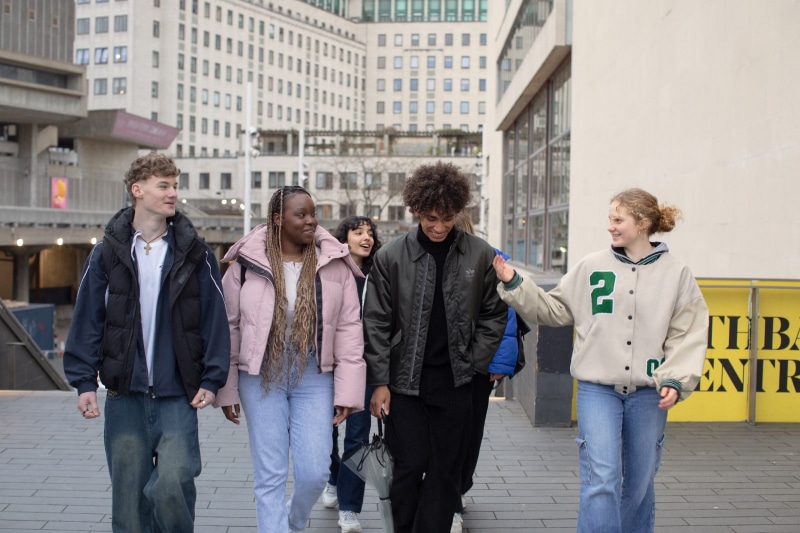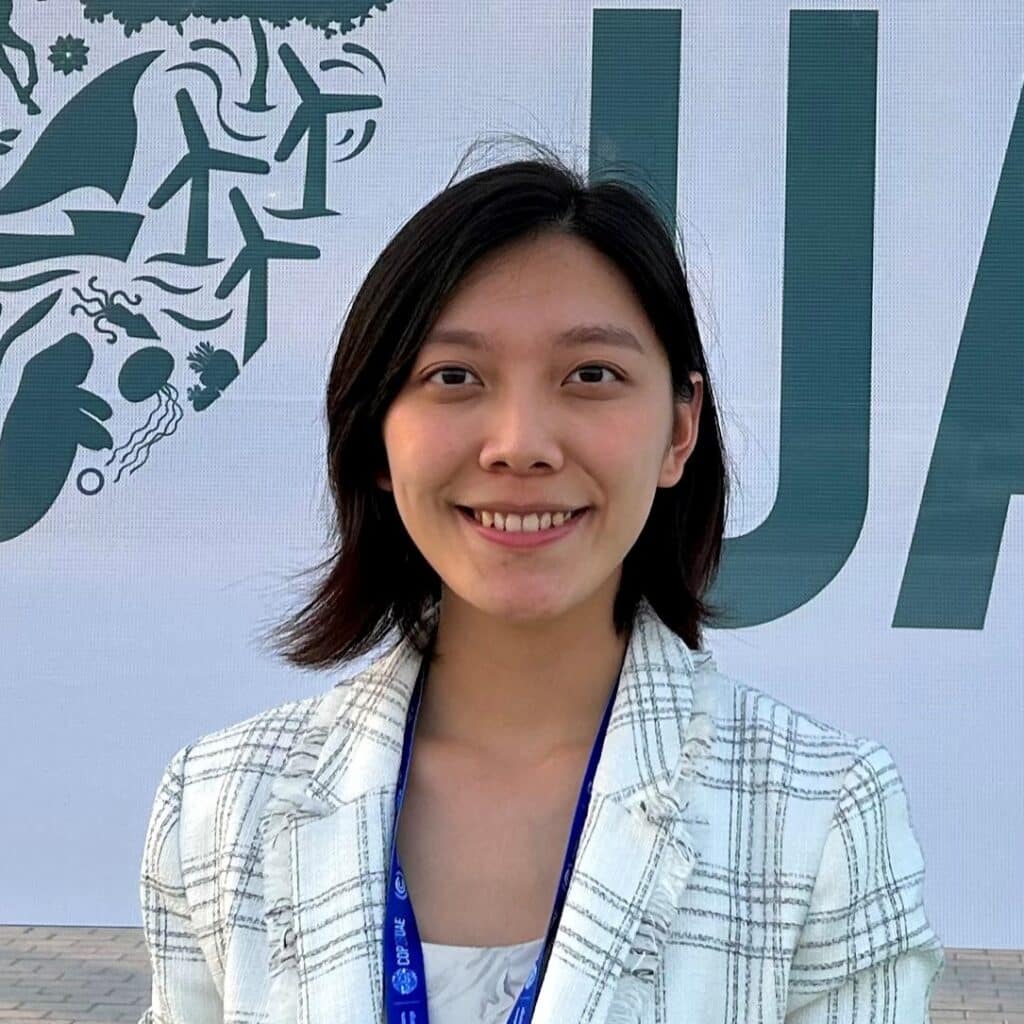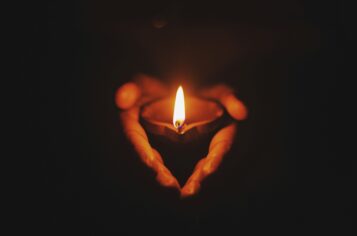
This International Youth Day, Agnes Lam shares her journey of reconciliation and offers a call to for young leadership.
When was the last time you listened – without judgment – to someone with a story unlike yours? Is forgiveness something you practice easily, or does it feel like an uphill battle? And what do relationships really mean to us? Why is reconciliation so necessary, yet so hard?
These questions don’t have simple answers. Our cultural backgrounds, upbringing, and societal pressures shape our responses in ways we don’t always recognise. Following God’s will in these areas is rarely easy – sometimes it’s even risky. But we keep striving because, despite the complexity, there is hope.
Growing up Anglican in Hong Kong
I’m 23, raised in Hong Kong – a city of glittering skylines and lush mountains, but also one of the most densely populated places on Earth. Its cramped living conditions, “cage homes,” and skyrocketing housing costs aren’t just urban challenges; they’re sources of deep mental stress, fractured families, and social tension.
I grew up in subdivided apartments, without a room of my own. That reality taught me the weight of longing – for space, for peace, for dignity. But being an Anglican youth in this environment has given me more than just an awareness of injustice; it’s given me a “lens” to see through it. The Difference course has taught me how to use that lens – to navigate conflicts within myself, with my neighbors, and even within global systems. Because reconciliation isn’t just personal; it’s structural. And it starts with seeing clearly.
Peace begins within
Jesus’ words in Matthew 5:9 hit hard: “Blessed are the peacemakers, for they will be called children of God.” But peacemaking doesn’t start with grand gestures. It starts within – often in the places we’ve avoided.
For me, that meant facing an unresolved relationship with my mother. During a Difference discussion, I admitted that we rarely had deep conversations. Sometimes, she’d get upset with me, and I wouldn’t even know why. “Why don’t you just ask her?” a fellow participant asked.
It was such a simple question – yet it unravelled something in me. There’s a Chinese saying “當局者迷” which means “Those involved are often blinded.” I realized I was the one building walls between us, without even realising it.
My course mates modelled what it means to “Be Curious” and “Be Present.” Their active listening created a space where truth and healing could coexist. Together, we “reimagined” what relationships could be – and that’s when change began.
Youth as bridge-builders
Young people have a unique role in reconciliation. We bring openness, vulnerability, and creativity to hard conversations – and we’re stepping into leadership in ways previous generations haven’t.
As co-chair of the Anglican Communion Youth Network’s Creation Care Committee, I’ve seen this firsthand. We empower young leaders to take local action – fighting plastic pollution, planting trees, amplifying Indigenous voices – but it’s not just about the environment. It’s about restoring relationships. Every campaign, every dialogue, is a stitch in the fabric of a more just world.
Intimacy with God: the root of peacemaking
What I love most about Difference is the balance – shared space with others, and quiet moments alone with God. In Bible studies and silence, I’ve discovered that my struggles aren’t unique. Many of us wrestle with forgiveness, with emotional walls, with the fear of being truly seen.
I’m learning that reconciliation isn’t about perfection. It’s about “practice” – small, daily acts of curiosity, presence, and reimagination.
So this International Youth Day, I’ll ask again: “What’s one step you can take? One conversation? One moment of listening? One act of courage to tear down a wall you didn’t even know you built?
The world needs peacemakers. And it starts with us.

Agnes Lam is a climate justice advocate and youth leader in the Anglican Communion, serving on the Executive Committee of the Anglican Communion Youth Network (ACYN) and co-chairing its Creation Care Committee. She represents the ACYN in the Anglican Communion Science Commission and sits on the Steering Committee of the Anglican Communion Environmental Network. Since 2024, she’s also been a member of the UNEP Faith for Earth Youth Council, mobilising young people of faith for ecological action. Passionate about bridging faith, science, and grassroots activism, she champions youth-led solutions for a sustainable future.



